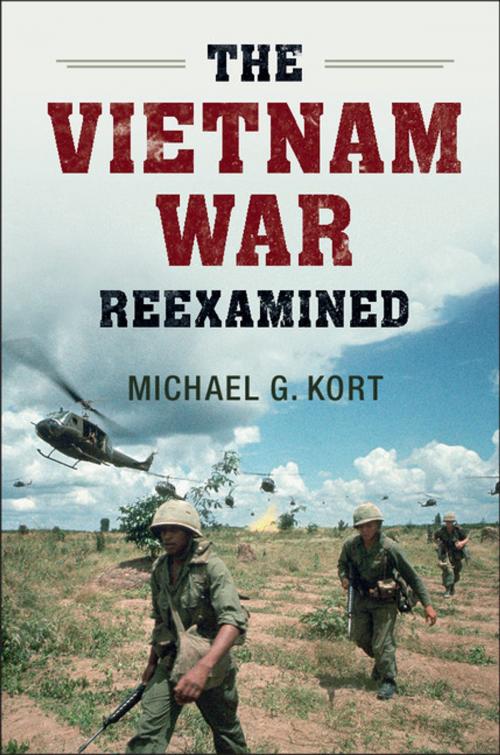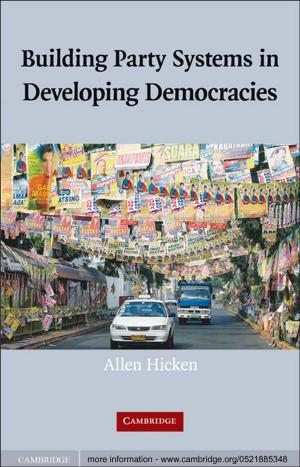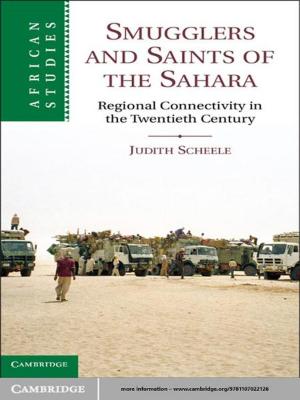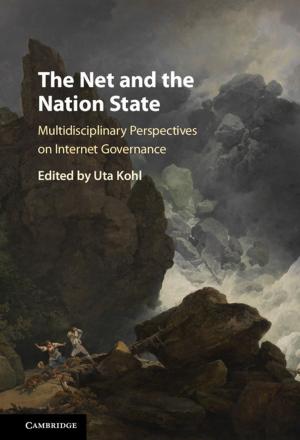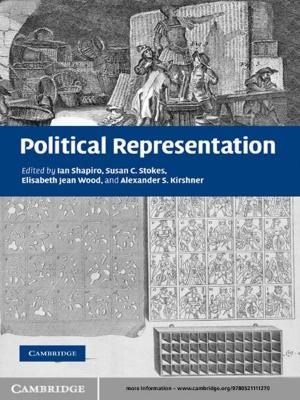The Vietnam War Reexamined
Nonfiction, History, Americas, United States, Social & Cultural Studies, Political Science| Author: | Michael G. Kort | ISBN: | 9781108546881 |
| Publisher: | Cambridge University Press | Publication: | December 14, 2017 |
| Imprint: | Cambridge University Press | Language: | English |
| Author: | Michael G. Kort |
| ISBN: | 9781108546881 |
| Publisher: | Cambridge University Press |
| Publication: | December 14, 2017 |
| Imprint: | Cambridge University Press |
| Language: | English |
Going beyond the dominant orthodox narrative to incorporate insight from revisionist scholarship on the Vietnam War, Michael G. Kort presents the case that the United States should have been able to win the war, and at a much lower cost than it suffered in defeat. Presenting a study that is both historiographic and a narrative history, Kort analyzes important factors such as the strong nationalist credentials and leadership qualities of South Vietnam's Ngo Dinh Diem; the flawed military strategy of 'graduated response' developed by Robert McNamara; and the real reasons South Vietnam collapsed in the face of a massive North Vietnamese invasion in 1975. Kort shows how the US commitment to defend South Vietnam was not a strategic error but a policy consistent with US security interests during the Cold War, and that there were potentially viable strategic approaches to the war that might have saved South Vietnam.
Going beyond the dominant orthodox narrative to incorporate insight from revisionist scholarship on the Vietnam War, Michael G. Kort presents the case that the United States should have been able to win the war, and at a much lower cost than it suffered in defeat. Presenting a study that is both historiographic and a narrative history, Kort analyzes important factors such as the strong nationalist credentials and leadership qualities of South Vietnam's Ngo Dinh Diem; the flawed military strategy of 'graduated response' developed by Robert McNamara; and the real reasons South Vietnam collapsed in the face of a massive North Vietnamese invasion in 1975. Kort shows how the US commitment to defend South Vietnam was not a strategic error but a policy consistent with US security interests during the Cold War, and that there were potentially viable strategic approaches to the war that might have saved South Vietnam.
